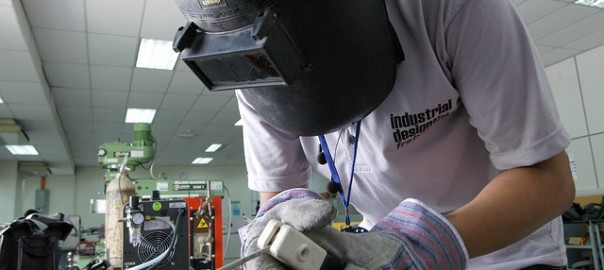O
It’s a sad fact of life that the majority of surgical operations are performed on pensioners, often with the misguided aim of prolonging life rather than maintaining or improving its quality.
In general, you should do everything possible to avoid all operations, especially if they involve scalpels, thermal lances, chainsaws or surgeons. However, if an operation becomes inevitable, you should always opt for local, rather than general, anaesthetic so that you can remain conscious throughout and be in a position to leave as soon as you become aware of shaking hands, the smell of alcohol or anyone eating pot noodles with a pair of forceps.
At the end of any operation, you should insist on a full body x-ray to identify any swabs, trepanning saws, rubber gloves or sausage rolls that have been left in any anatomical nook or cranny, and it’s also advisable to count your vital organs to ensure that you haven’t unwittingly become a donor in a transplant operation.
Many minor operations, particularly of a cosmetic nature, can be performed at home, and if either you or your partner has any experience of lino cutting, spatchcocking or embroidery, you should be able to undertake caesarean sections, hobdaying and liposuction (as long as you have an efficient vacuum cleaner) with a reasonable degree of success.

